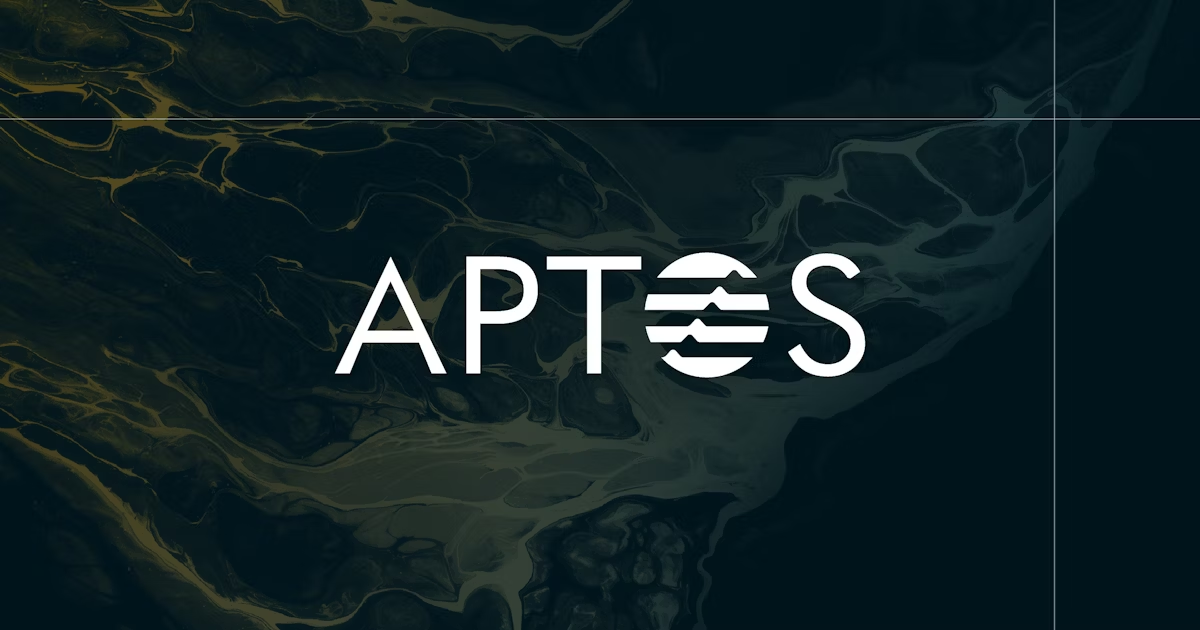Source: stockphoto-graf – Shutetrstock
- The IOTA Foundation is in talks with the German government and companies about the use of IOTA Digital Identity (DID) solution.
- The incentivized Nectar testnet is scheduled for release in Q2, with a ready version expected in April.
In a new AMA, IOTA co-founder Dominik Schiener answered various questions about Chrysalis, Coordicide, and decentralized identities (DIDs) as a use case that could bring IOTA “its first million” users.
Regarding the current status of the Chrysalis audits, Schiener shared that the Firefly audit is underway since February 08, while the Node audits are finished. The results will be shared all at once when each piece of the stack has been audited. In parallel, however, the IOTA Foundation is in contact with exchanges that are already working on the transition to Chrysalis. “Some exchanges have already agreed” to list IOTA. Details about this are expected to be announced in the coming days.
As for Coordicide and the transition from the current Pollen testnet to the incentivized Nectar testnet, Schiener revealed that after Chrysalis is complete, 90% of all developers will move to Coordicide, with the incentivized testnet then being the top priority. Just yesterday, the value tangle was removed from GoShimmer with a pull request, which has now added all consensus components including Mana and FPC, laying the groundwork for the testnet. Regarding a time horizon and next steps, Schiener said:
All the different components are going to be integrated into GoShimmer with the goal to have a ready version of Nectar in around April.
Once Nectar is live as an incentivized testnet, testing will play a very crucial role in getting Coordicide off the ground. To this end, the IOTA Foundation already has an “exciting incentivization idea,” though the IOTA co-founder could not reveal details at this time:
We need to think about the incentives we provide to others like domain experts, researchers and obviously malicious attackers who actually participate in the network and try to attack it. And this is exactly what the incentivized testnet is for. […]
I don’t want to make any promises or get false information spread, but I think when it comes to the structure of the incentivized testnet, we have a very exciting idea of how to execute it. Because if we don’t provide the necessary incentive, it could delay Coordicide.
As Schiener also disclosed, Bee for Coordicide will be written in Go, while Hornet will be implemented in Rust. GoShimmer will also be converted into the new version of Hornet.
The three holy grails for IOTA
As for the future of IOTA, Schiener cited three “holy grails”: scalability, no transaction fees and digital identity (DID). As to why DIDs in particular will play a central role for IOTA, the IOTA co-founder stated:
We always said that there are a few holy grails. One holy grail is scalability, one holy grail no transaction fees, and the other one is definitely digital identities (DIDs). […] The idea is key to the future of IOTA because it’s the perfect protocol to manage digital identity cause what you fundamentally need for DID is verifiable credentials […]
The beta version of IOTAs DID solution is expected to be ready around the same time as Chrysalis. However, there are already “discussions with governments and enterprises” to implement IOTA DIDs in production systems. As Schiener also explained, DIDs could bring “the first million” users to IOTA:
We are very far along with our DID protocol. I think the beta version of IOTA DID is going to be ready around the time of Chrysalis and right now we have some very exciting discussion with governments, also with some companies that actually want to utilize our COVID passport or vaccination passport to help them get back to business. And we saw the amazing work that Ubirch did at the airports in Germany. And I really think that DID is going to help us to get the first million users that are really using IOTA in a production system. […]
We are definitely looking through our contacts to get in contact with the people at the German government who are managing the identity system. But nonetheless, we’ve made some very exciting progress already with our COVID vaccination passport. Tomorrow there’s gonna be a webinar together with Zebra, us and Ubirch talking about the vaccination passport
Credit: Source link











































































































































